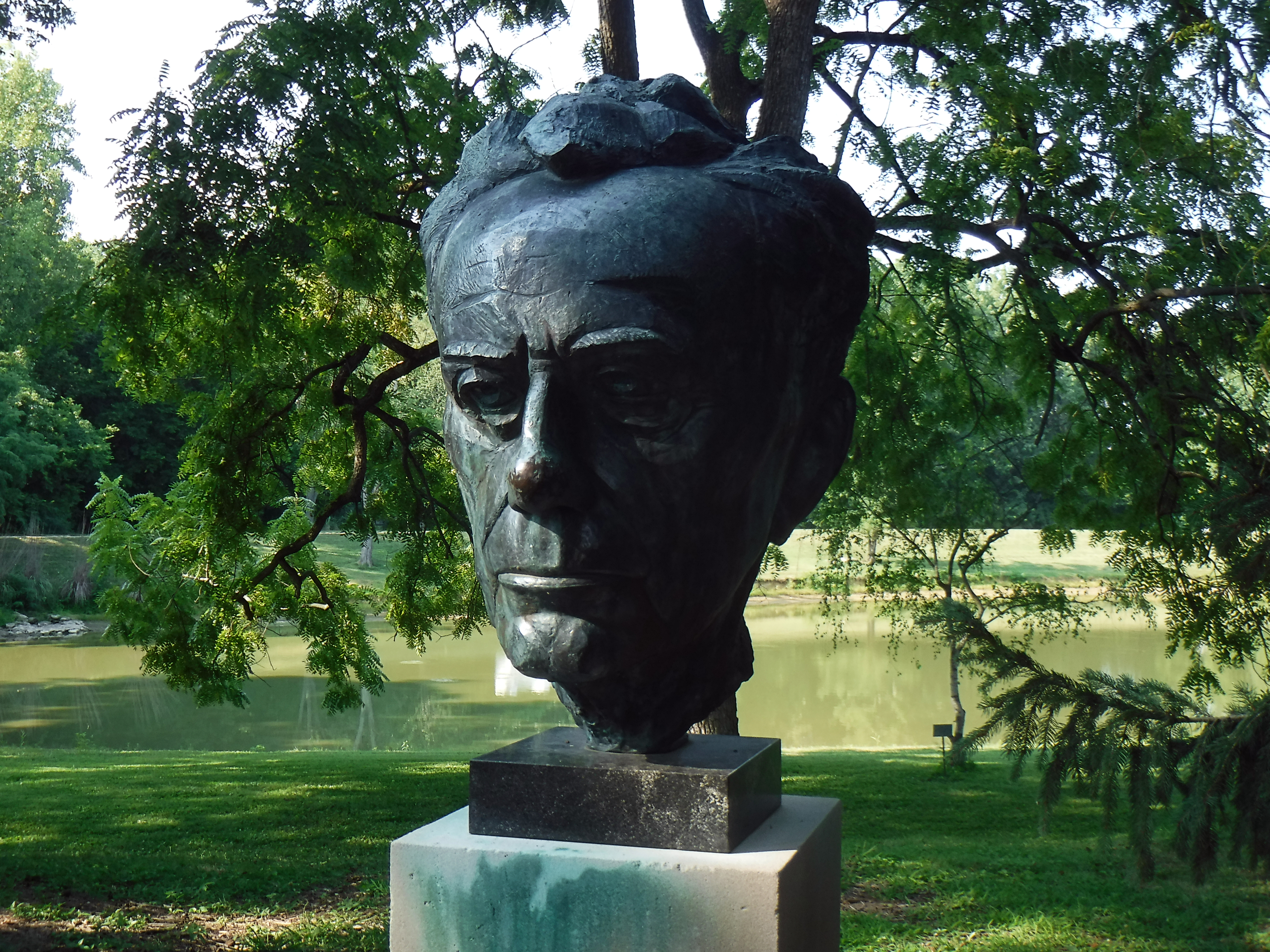Paul Tillich: Zitate auf Englisch
Quelle: The Courage to Be (1952), p. 127
Quelle: Systematic Theology, Vol 2: Existence and the Christ
Kontext: Plato … teaches the separation of the human soul from its “home” in the realm of pure essences. Man is estranged from what he essentially is. His existence in a transitory world contradicts his essential participation in the eternal world of ideas.
“The courage to be is rooted in the God who appears when God disappears in the anxiety of doubt.”
The Courage to Be (1952)
The Protestant Era (1948)
Dynamics of Faith (1957)
Systematic Theology (1951–63)
Kontext: The question now arises: What is the content of our ultimate concern? What does concern us unconditionally? The answer, obviously, cannot be a special object, not even God, for the first criterion of theology must remain formal and general. If more is to be said about the nature of our ultimate concern, it must be derived from an analysis of the concept “ultimate concern.” Our ultimate concern is that which determines our being or not-being. Only those statements are theological which deal with their object in so far as it can become a matter of being or not-being for us.
“There is no truth without the form of truth, namely justice.”
Quelle: Love, Power and Justice (1954), p. 21
Chap. 2: The New Being
The New Being (1955)
“Without the eros toward truth, theology would not exist.”
Quelle: Love, Power and Justice (1954), p. 31
“Even loneliness is not absolute loneliness because the contents of the universe are in him.”
Quelle: The Courage to Be (1952), p. 121
Chap. 1: "To Whom Much is Forgiven..."
The New Being (1955)
Quelle: Love, Power and Justice (1954), p. 4
Chap. 1: "To Whom Much is Forgiven..."
The New Being (1955)
"Philosophy and Fate"
The Protestant Era (1948)
